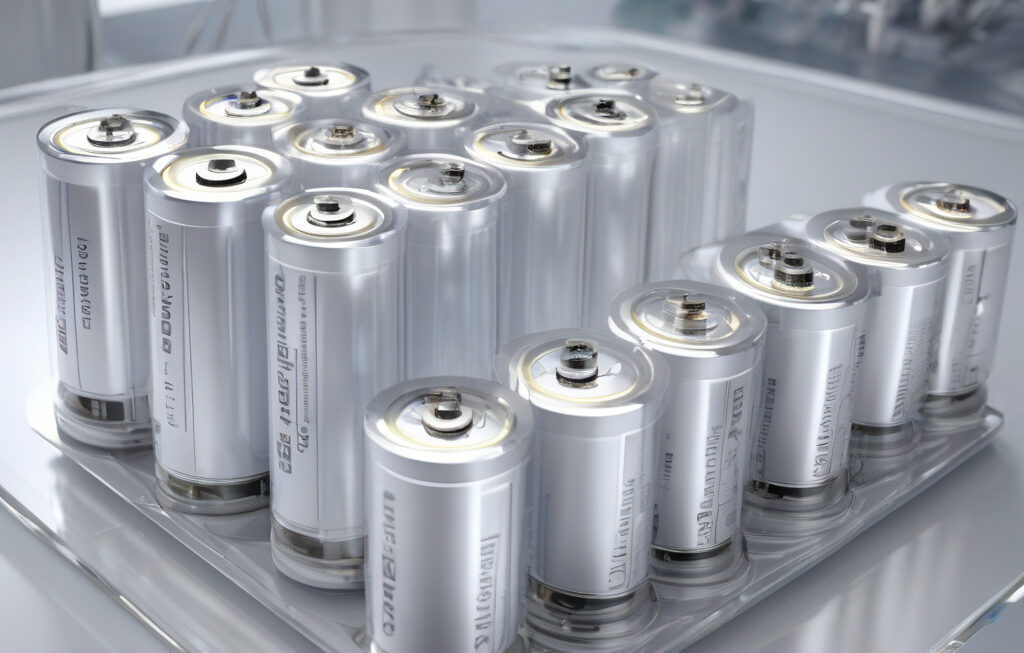Superman’s Kryptonite Twin Could Be Europe’s Secret Weapon in EV Battery Race
It looks like Kryptonite, but instead of sapping Superman’s strength, it might power Europe’s clean energy revolution. The mineral in question is lithium, a crucial component in the batteries that drive electric vehicles (EVs) and store renewable energy. Just as Superman is vulnerable to Kryptonite, the global shift towards electrification is highlighting Europe’s dependence on lithium imports, much of which comes from abroad, including countries like China, Australia, and South America.
Europe’s ambition to become a leader in the EV market is no secret. With stringent emissions targets and a growing demand for electric cars, the region is ramping up its efforts to secure a stable supply of lithium. This push for greater self-sufficiency is driving innovation and investment in domestic lithium production, positioning the continent as a key player in the race for sustainable mobility.
One of the frontrunners in this endeavor is Germany. Known for its engineering prowess, Germany is home to companies like Vulcan Energy Resources, a lithium exploration firm that aims to produce the world’s first carbon-neutral lithium. By tapping into the geothermal energy trapped beneath the Rhine River, Vulcan Energy is pioneering a sustainable approach to lithium extraction that could set a new standard for the industry.
But Germany is not alone in its quest for lithium independence. Countries like Portugal and Finland are also making strides in domestic lithium production, leveraging their unique geology and commitment to green technologies. These efforts are not only aimed at reducing Europe’s reliance on foreign lithium but also at creating a competitive advantage in the burgeoning EV market.
The benefits of a robust lithium supply chain extend beyond EVs. As Europe transitions to a low-carbon economy, the demand for energy storage solutions is skyrocketing. Lithium-ion batteries, with their high energy density and long cycle life, are well-suited to meet this demand. By securing a local supply of lithium, Europe can ensure a stable and sustainable source of energy storage for homes, businesses, and the grid.
Of course, the road to lithium independence is not without its challenges. Developing a domestic lithium industry requires significant investment in exploration, extraction, and processing infrastructure. Additionally, regulatory hurdles and environmental concerns must be addressed to ensure that lithium production is both economically viable and environmentally responsible.
Despite these challenges, the momentum behind Europe’s push for lithium self-sufficiency is undeniable. By harnessing its technological expertise, commitment to sustainability, and spirit of innovation, the continent is poised to become a major player in the global lithium market. Just as Kryptonite poses a threat to Superman, Europe’s newfound focus on lithium could be the key to unlocking its superpower in the EV battery race.
In conclusion, Europe’s pursuit of lithium independence is not just about reducing reliance on foreign imports—it’s about building a more sustainable and competitive future for the continent. By investing in domestic lithium production and embracing innovative technologies, Europe has the potential to become a powerhouse in the EV market and lead the charge towards a greener, more electrified world.
lithium, Europe, EV, battery, sustainability












